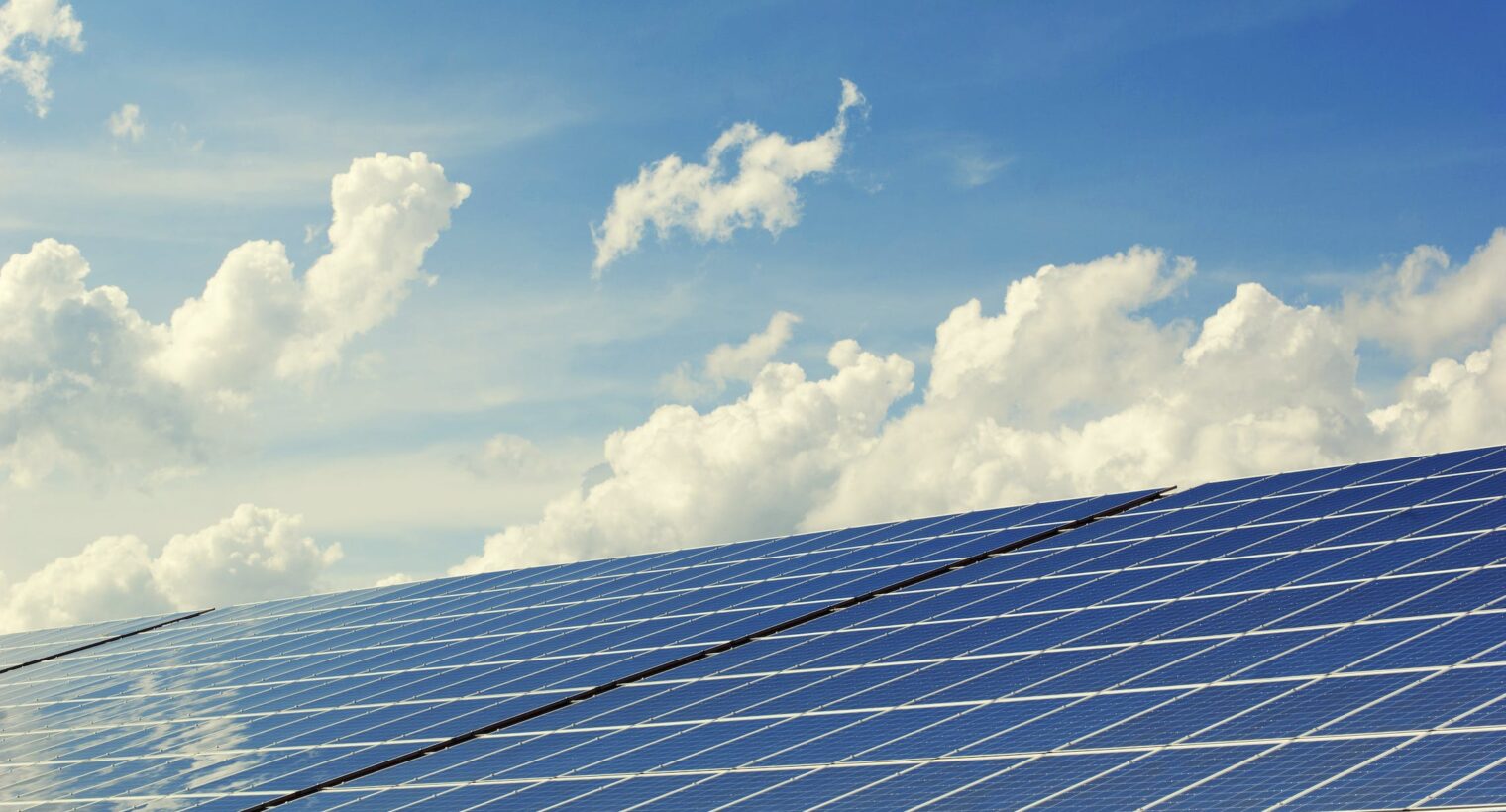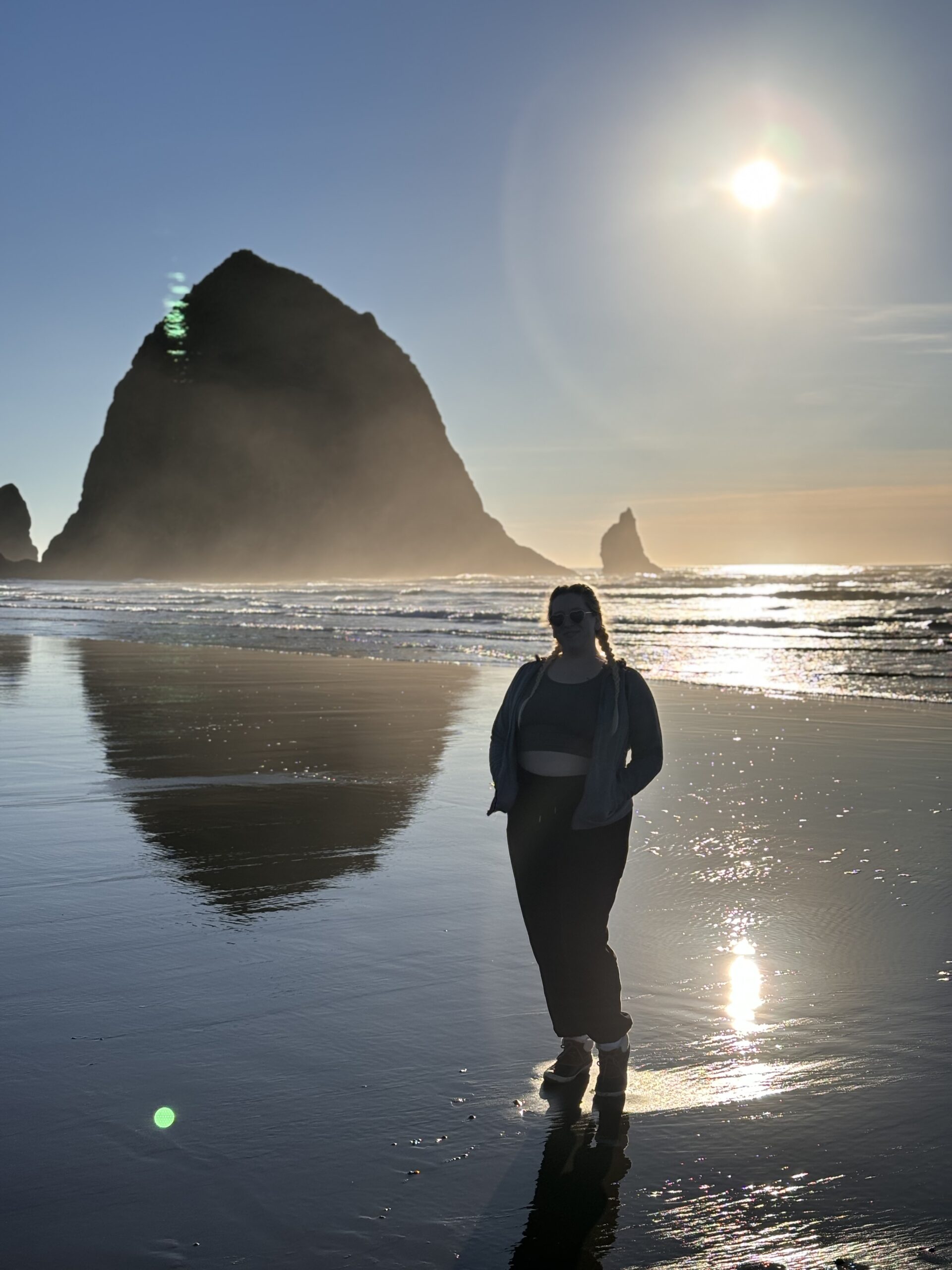This article is your guide to figuring out do solar panels work on cloudy days. And yes, solar panels do still work when it is cloudy out, and there is plenty of solar energy to absorb with overcast. Of course, direct sun is the most ideal situation for solar panels, but cloudy days can be productive, too!
Here at The Energy Professor, we want to give you the information you need to save money on your energy bill and become more energy efficient. We hope you find this post helpful! It makes it easier for you to know more about solar panels. Be sure to check out our solar tool below to calculate how much you could save at your address by switching to solar panels.
The Energy Professor Solar Panel Tool
Do Solar Panels Work on Cloudy Days?
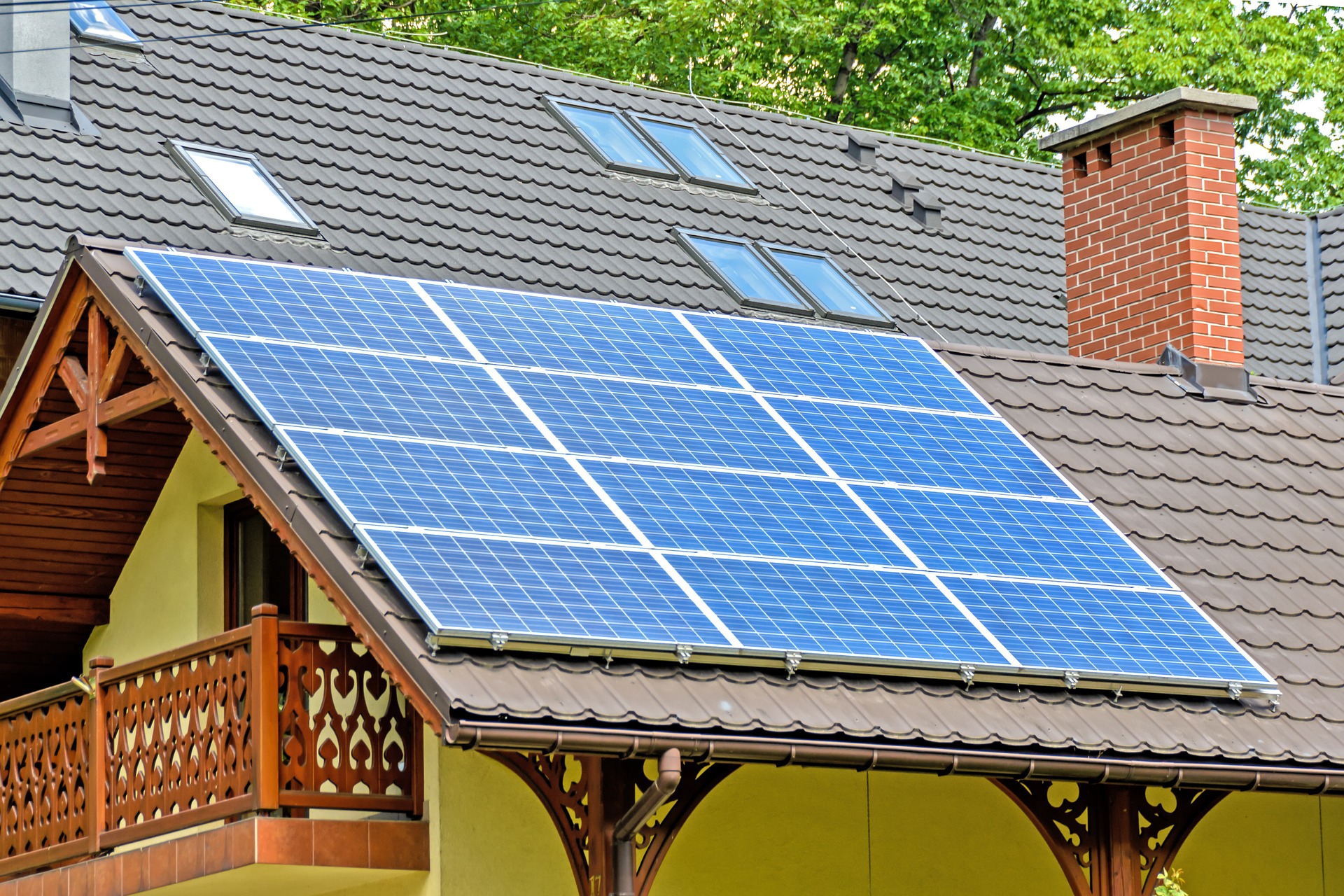
Yes, solar panels absorb daylight, even on cloudy days. However, they will produce less energy than on a bright sunny day. You want your solar panels to receive as much sunlight as possible. This is why if you have trees hanging over your house or any other structures that may block sunlight from reaching your panels – it is probably not the best idea to install a solar system on your roof. If you’ve checked the viability of your roof and solar is a good option for you, your panels will still work even if it’s cloudy weather! Similar to how you can still get a sunburn when it’s overcast, the energy from the sun will still reach your panels through cloud cover. However, they may not take in as much energy on a day with more cloud coverage as a day with clear skies, affecting how much energy they can produce.
Solar panels convert sunlight into electricity through a fascinating process known as photovoltaics (PV). When sunlight hits a semiconductor material, typically silicon, it causes the material to release electrons. These free-flowing electrons create an electrical current as they move through the material. Solar panels are composed of many small solar cells, each contributing to the overall electrical output. These cells are interconnected to form a panel, and multiple panels can be linked together to form a solar system. The direct current (DC) electricity produced by the solar cells is then sent to an inverter, which converts it into alternating current (AC) electricity. This AC electricity is what powers your home or business, making the energy harnessed from the sun usable in everyday applications.
Solar Panel Efficiency on Cloudy Days
While solar panels are most efficient on bright, sunny days, they can still produce electricity on cloudy days. However, their efficiency is reduced compared to clear skies. On a cloudy day, solar panels can generate around 50% of the electricity they would on a sunny day. The exact amount of electricity produced depends on several factors, including the type and quality of the panels, the density of the cloud cover, and the time of day. Despite the reduction in efficiency, solar panels can still meet a significant portion of a household’s energy needs, even when the weather isn’t perfect.
Do Solar Panels Work on Rainy Days?
This answer depends on if it’s a dark and rainy day or not. Similar to what we explained above, your solar panels can charge even on an overcast day. If not, there’s no worry because of backup systems that your solar system uses to keep producing electricity. And rain is good for solar panels! It can help keep your panels operating efficiently by washing away any dust or dirt that may accumulate on them. This dust and dirt can block the solar cells from effectively absorbing sunlight.
Related Post: Do Solar Panels Need Maintenance?
Do Solar Panels Work at Night?
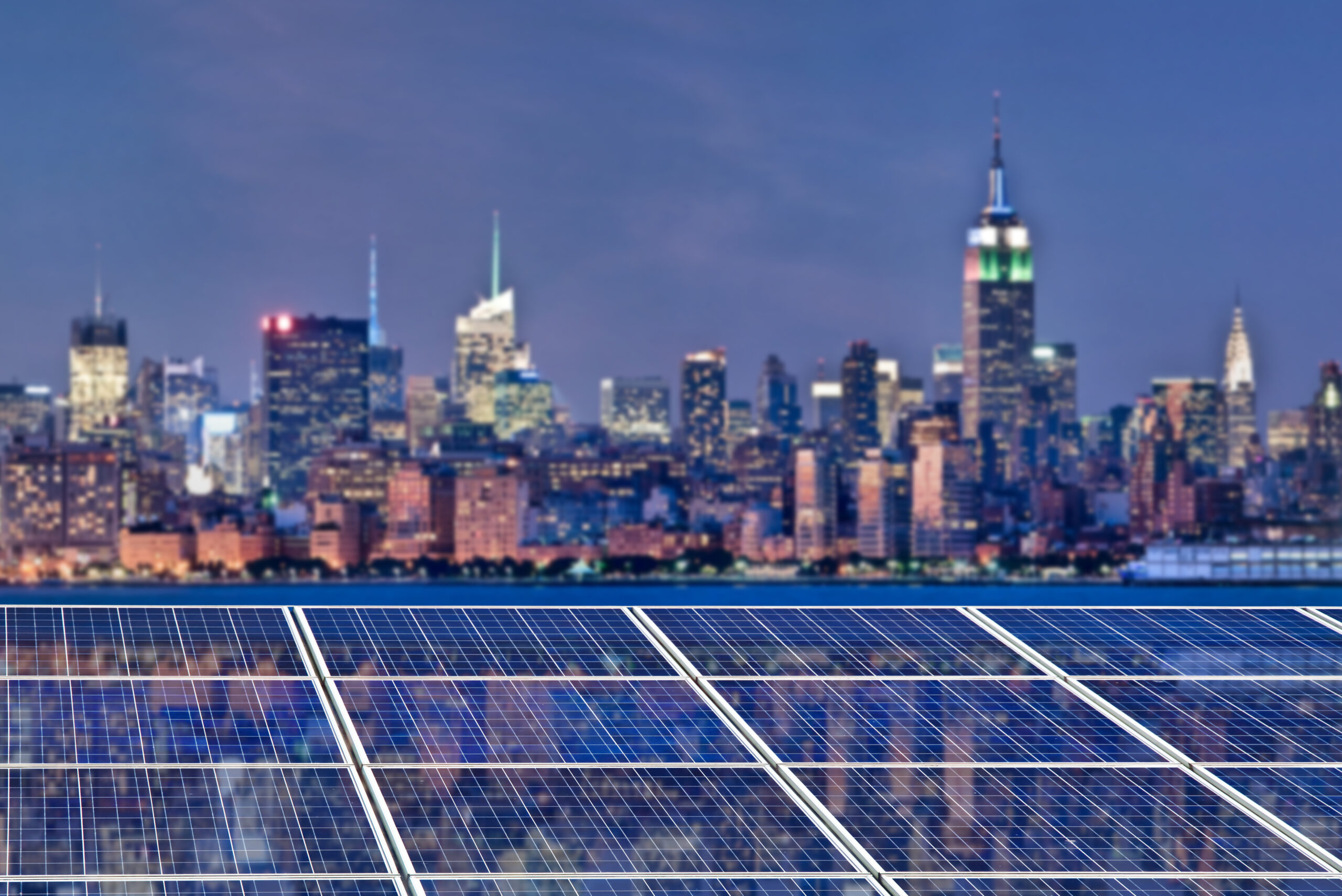
While it’s true that solar panels generate the most energy during the day, they will not create any energy once the sun goes down. Solar panels can generate small amounts of solar power at night from surrounding light or even the moon. This is because of the system’s photovoltaic cells (PV cells), which are a type of solar cell. When receiving sunlight, photovoltaic cells absorb the sunlight and create an electric current. This current is then sent to an inverter, which converts it from direct current (DC) to alternating current (AC) that can be used to power your home or fed back into the grid. This process allows you to benefit from the electricity generated by your solar panels during the day, offsetting your reliance on grid power and potentially reducing your electricity bills.
How Does Solar Work at Night?
One way that your solar panels work at night is with solar battery storage. Solar battery storage is essentially energy storage and provides your home with electricity at night to make the most of the daytime energy production. The solar panels will fill the solar battery with energy from indirect sunlight and store it for future use. Electricity will be pulled from the solar battery first before the grid, thus continuing to save you money on your electric bill. Battery storage is the best energy solution for electricity at nighttime when there is no sunlight.
Related Post: Average Monthly Electric Bill with Solar Panels
How to Know if Solar Panels Are Working?
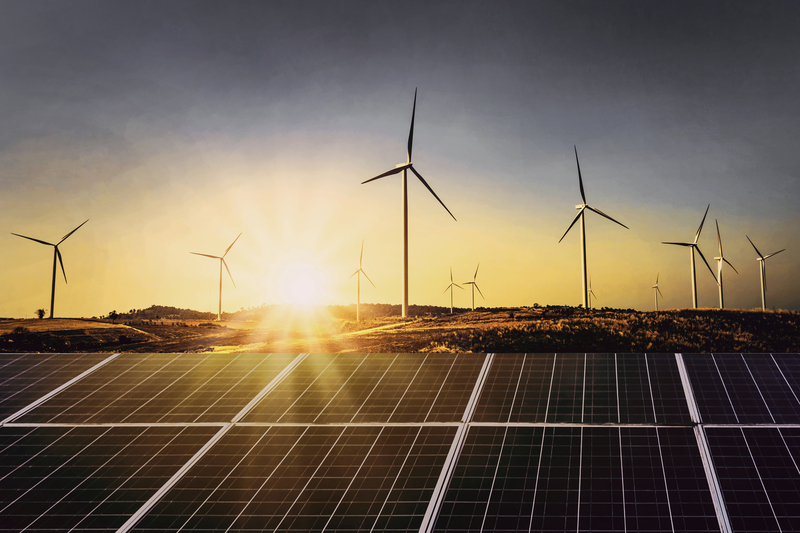
Here at The Energy Professor, we deal with home solar systems often, that’s why we’re here to shed light on your solar panel performance and efficiency. One way to know if solar panels are working is to check the inverter. This is the element that converts the direct current (DC) electricity produced by the panels into alternating current (AC) electricity used in your home or sent back to the utility grid. If the inverter’s display shows a positive power output during daylight hours, it’s a good indication that your solar panels are generating electricity.
Additional ways to know if your solar panels are working:
- Monitoring software or apps provided by your solar panel system installer can be used to track the performance of your panels. These tools can provide real-time data on how much electricity your solar panels are producing, allowing you to spot any significant drop in output that could indicate an issue with the panels.
- Observing your electricity bill can also be a helpful indicator. If your bills are significantly lower after installing solar panels, it’s a sign that they are indeed generating electricity and reducing your reliance on grid power.
- Physically inspecting your solar panels for any visible damage or dirt buildup can also provide insights into their performance. Clean and well-maintained panels are more likely to generate electricity efficiently.
Maximizing Solar Production
To get the most out of your solar panels, it’s crucial to consider several factors that can influence their performance. First, the orientation and tilt of the panels should be optimized to capture the maximum amount of direct sunlight. Ensuring that your panels are free from shading by trees or other structures is also essential. Regular cleaning of the panels can prevent dirt and debris from blocking sunlight, maintaining their efficiency. Investing in high-efficiency solar panels and incorporating solar battery storage can further enhance your solar production. Solar batteries store excess energy generated during the day, allowing you to use it at night or during cloudy periods, thus reducing your reliance on the grid.
Related post: What are Solar Rebates, Solar Incentives and Solar Tax Credits?
What are the Best Months for Solar Production?

In many regions, the summer months of June, July, and August often yield the highest solar production. This is due to longer days and more direct sunlight and less cloudy conditions. The sun’s rays are also at a higher angle during these months, resulting in increased solar exposure and higher energy output. Spring and fall, particularly April and September, can also be good months for solar production. While the winter months, such as December and January, typically have shorter days and lower sun angles, resulting in decreased solar production and energy generation, they also impact the solar panel’s efficiency.
Solar Battery Storage and Net Metering
Solar battery storage is a game-changer for homeowners looking to maximize their solar energy usage. By storing excess energy generated by your solar panels during the day, solar batteries provide a reliable source of power at night or during power outages. This reduces your dependence on the grid and ensures a continuous power supply. Net metering is another valuable system that allows you to sell any excess energy your solar panels produce back to the grid. In return, you receive credits that can offset the cost of the energy you consume when your solar production is low. Together, solar battery storage and net metering offer financial benefits and enhance the overall efficiency of your solar system.
Common Myths About Solar Panels
There are several myths about solar panels that can deter people from investing in solar power. One common myth is that solar panels don’t work on cloudy days. While it’s true that solar panels are less efficient without direct sunlight, they can still produce electricity and significantly contribute to your energy needs. Another myth is that solar panels are prohibitively expensive. Although the initial cost can be high, solar panels offer substantial long-term savings and can increase your home’s value. Lastly, some believe that solar panels are unreliable and require frequent maintenance. In reality, modern solar panels are designed to be durable and require minimal upkeep, making them a reliable and cost-effective energy solution.
Related Post: Is Solar Worth It?
Solar Panel Cloudy Day FAQ

Q: Do solar panels work with moonlight?
A: While solar panels are designed to generate electricity from sunlight, the moonlight or low light conditions are generally not sufficient to produce significant amounts of electricity. It’s important to note that solar panels can still function and generate electricity during periods of low sunlight, such as during cloudy days or in the shade. However, electricity production during such conditions may be significantly reduced compared to bright, sunny days.
Q: When do solar panels work best?
A: Typically, solar panels work best when there are clear skies and ample sunlight, which is often during the middle of the day when the sun is high in the sky. This allows the photovoltaic cells in solar panels to absorb maximum sunlight and generate electricity at their optimal capacity. However, it’s important to note that solar panel’s efficiency can vary depending on factors such as geographic location, weather conditions, and panel orientation.
Q: Do solar lights charge on rainy days?
A: Solar panels do charge in rainy weather however, not as much as they would on a sunny clear day. Rain is good for solar panels since it can help keep your panels operating efficiently by washing away any dust or dirt that may accumulate on them. This dust and dirt can block the solar cells from effectively absorbing sunlight.
Do you Need Cheaper Electricity?
If you’ve taken the time to understand the information on your bill and discovered you’re paying more than you’d like for your electricity, have you looked around for a cheaper deal? The Energy Professor has a wealth of information on saving on your utilities, including details of top deals that could significantly reduce your monthly or quarterly electricity bills.
We hope you found this article helpful! If you are looking for ways to increase energy efficiency and sustainability in your home be sure to look at the latest renewable energy options in your area. The Energy Professor helps residential and small business owners find qualified energy suppliers in New York, New Jersey, Pennsylvania, Texas, Ohio, Maryland, Illinois, and Massachusetts

